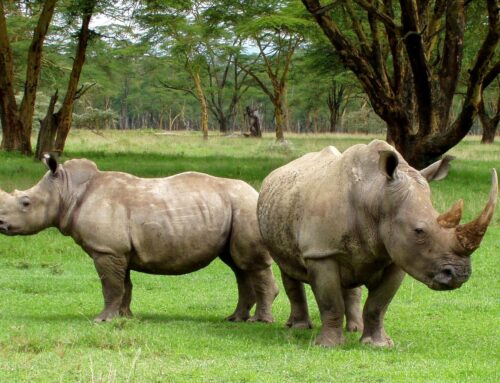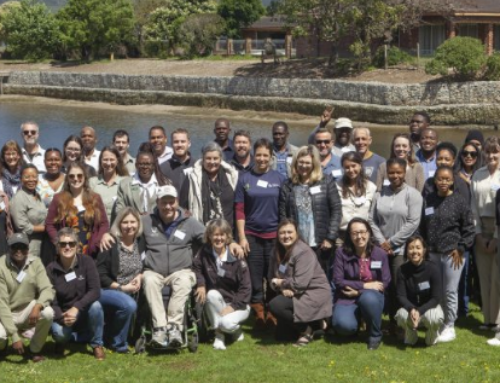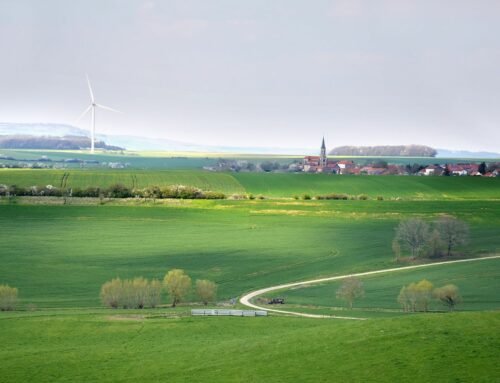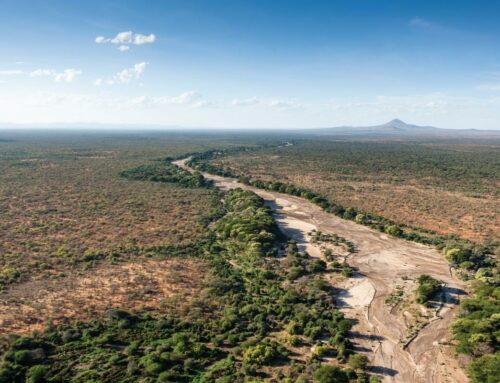SUSPLACE is a Marie Curie Actions Initial Training Network funded by the European Commission that will kick-off October 1, 2015. SUSPLACE aims to train 15 Early Stage Researchers (ESR) in innovative, interdisciplinary approaches to study sustainable place-shaping practices. These 15 ESR positions at six universities are now open for application till October 1, 2015. See the list of the 15 individual research projects and host universities below.
The SUSPLACE approach will provide insight into how to utilize the full potential of places and communities for development and help to build capacities of people to engage in place-shaping processes and thus strengthen connectivity between policy-makers, academics, businesses and civil society.
SUSPLACE brings together six university partners and seven non-academic partners in seven European countries: The Netherlands, United Kingdom (Wales), Latvia, Lithuania, Belgium, Finland and Portugal. SUSPLACE offers an exciting opportunity in an emerging field of research for 15 ESR. ESR can potentially acquire a PhD at the end of the programme. SUSPLACE will provide training in scientific and professional skills to enable ESR to pursue an academic career or high-professional career at various institutes such as governments, NGOs, consultancies and businesses.
More information can be downloaded here:
- General information about the SUSPLACE Programme and 15 Research vacancies
- Detailed information pack for applicants
- Frequently Asked Questions
More general information about the Marie Curie Actions programme is available of the EU-websites and at Jobs for you supported by Marie Skłodowska-Curie actions.
The 15 individual ESR projects are divided along five interconnected research themes: 1-3 Inclusive, Resilient and Connected Places, 4 Greening Economies, and 5 Pathways to Sustainability. The following ESR positions are offered at the participating six host universities. They will be available soon:
- ESR 1. Sustainability awareness and agency. Country: Belgium. Host: Katholieke Universiteit Leuven – Department of Earth and Environmental Sciences: www.kuleuven.be/personeel/jobsite
- ESR 2. Eco-villages and sustainable living. Country: Finland. Host: Luke Natural Resources Institute Finland– Luke Economics and Society Research Unit: www.luke.fi/en/luke-info/recruitment.
- ESR 3. Sense of Place. Country: Finland. Host: Luke Natural Resources Institute Finland – Luke Economics and Society Research Unit: www.luke.fi/en/luke-info/recruitment.
- ESR 4. Managing the commons. Country: Portugal. Host: University of Aveiro – Department of Social, Political and Territorial Sciences: www.ua.pt
- ESR 5. Re-grounding of practices. Country: Portugal. Host: University of Aveiro – Department of Social, Political and Territorial Sciences: www.ua.pt
- ESR 6. The Energetic Society. Country: The Netherlands. Host: Wageningen University and Research centre – Rural Sociology Group,www.wageningenur.nl/nl/Werken-bij/Vacatures.htm
- ESR 7. Place ambassadors. Country: United Kingdom, Wales. Host Institute: Cardiff University – Sustainable Places Research Institute: www.cardiff.ac.uk/jobs
- ESR 8. Connected Learning Spaces. Country: United Kingdom, Wales. Host Institute: Cardiff University – Sustainable Places Research Institute: www.cardiff.ac.uk/jobs
- ESR 9. Leadership of Place. Country: The Netherlands. Host: Wageningen University and Research centre – Rural Sociology Group: www.wageningenur.nl/nl/Werken-bij/Vacatures.htm
- ESR 10. Circular Economy. Country: Belgium. Host: Katholieke Universiteit Leuven – Department of Earth and Environmental Sciences: www.kuleuven.be/personeel/jobsit/
- ESR 11. Place Branding. Country: Latvia. Host: Latvia University – Faculty of Social Sciences: www.lu.lv/eng/
- ESR 12. Social economy, social entrepreneurship. Country: Latvia. Host: Latvia University – Faculty of Social Sciences: www.lu.lv/eng/
- ESR 13. Nature as pathway. Host: Luke Natural Resources Institute Finland – Luke Economics and Society Research Unit: www.luke.fi/en
- ESR 14. Sustainable city-regions. Country: United Kingdom, Wales. Host Institute: Cardiff University – Sustainable Places Research Institute: www.cardiff.ac.uk/jobs
- ESR 15. Place-based policies and pathways. Country: The Netherlands. Host: Wageningen University and Research centre – Rural Sociology Group,www.wageningenur.nl/nl/Werken-bij/Vacatures.htm
Benefits
The ESR will be employed with normal social security coverage by the host institutions mentioned below and will have all benefits provided for in the Marie Skłodowska Curie ITN fellowships regulations, including a highly competitive remuneration, living allowances and mobility expenses.
Formal eligibility criteria
- You are eligible as an Early-Stage Researcher (ESR) if you are, at the time of recruitment (i) in possession of a university degree, and (ii) have a maximum of four years of full-time research experience, including any period of research training. This is measured from the date when you obtained the degree which formally entitles you to embark on a doctorate, either in the country in which the degree was obtained or in the country in which the research training is provided. Selection is, thus, based on professional experience in research, not on age. ESRs should not be PhD holders.
- Candidates may be of any nationality.
- Because the Marie Curie schemes are designed to encourage researcher’s mobility to improve career perspectives, a mobility criterion applies for recruitment: by the time of recruitment, researchers must not have resided or carried out their main activity (work, studies, etc.) in the country where they apply for more than twelve months in the last three years. Short stays, such as holidays, are not included.
Requirements
- We are looking for candidates which have affinity with the topic, are motivated to participate in SUSPLACE and who are interested in participatory research.
- The candidate should have proven skills in communication (including writing and presenting) and computer skills, be fluent in English and understand the rules and procedures of Marie Curie Initial Training Networks.
- Preferred qualifications for candidates include excellent grades, research talent (as proven by the master thesis, publications, participation in research projects) and personal ambition.
- You are required to undertake transnational mobility when taking up a position in the SUSPLACE project. ESRs will follow training in different countries and spend secondments for three months at two academic or non-academic institutes.
- An TOEFL or IELTS English language test may be required.
- The ESR should start 1-4-2016.
Applications should be sent latest by October 1st 2015 to the host institute. Delayed applications will not be considered.
For more information about the SUSPLACE programme contact the coordinators lummina.horlings@wur.nl or dirk.roep@wur.nl.












